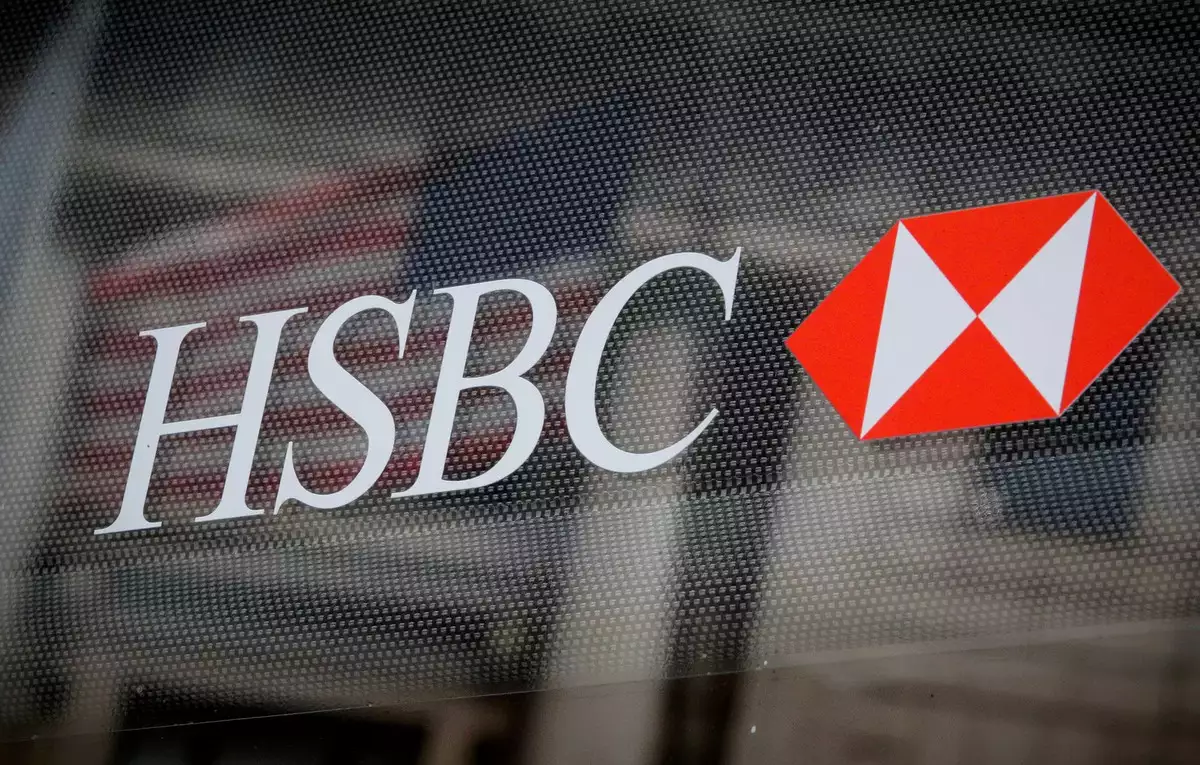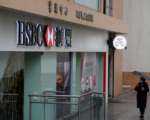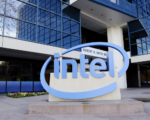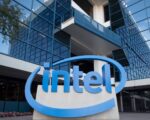Exclusive: HSBC Probes China Pinnacle Wealth Business on Costs and Control

HSBC Holdings Plc is conducting an internal review of its Pinnacle digital wealth business in China, examining rising costs and potential operational inefficiencies. Sources familiar with the matter indicate that the review, which began a few months ago, could lead to layoffs and mark a significant shift in the bank’s ambitions for its China wealth unit.
Launched in 2020, Pinnacle was part of HSBC’s broader strategy to expand its presence in the growing Chinese wealth management market by offering insurance and fund products. However, the unit has faced challenges, with costs outpacing revenues, and an investigation is now underway to determine whether supplier expenses were inflated, potentially contributing to the increased financial burden.
Staff and Supplier Investigations
The review is also focusing on staff salary structures. Pinnacle’s employees, particularly wealth planners, are compensated with fixed salaries, which some insiders claim have led to low sales motivation. The bank is now reassessing its compensation model, with some sources suggesting that relatively high fixed salaries may have contributed to slower-than-expected revenue growth. In addition, HSBC is investigating whether its suppliers were involved in inaccurate expense reporting, including an incident where an event management company charged for over two dozen customer engagement events held on the same day.
The bank’s review, led by executives such as Ed Moncreiffe, HSBC’s global insurance CEO, is expected to conclude by the end of the year. Moncreiffe, who moved into his current role in April 2024, has spearheaded the initiative, with Alison Law, Global Chief Distribution & Customer Officer for HSBC’s insurance business, being sent to mainland China to analyze Pinnacle’s operational practices.
A Setback for HSBC’s Asia Ambitions
The review comes as HSBC doubles down on its investments in Asia, where it generates most of its revenues. The bank committed $6 billion for Asian expansion in 2021, with half of that earmarked for China and Hong Kong. Pinnacle, as a digitally-driven wealth management arm, was meant to compensate for HSBC’s limited physical branch presence in mainland China. However, despite employing over 1,700 personal wealth planners and planning to grow its headcount to 1,900 by the end of 2024, Pinnacle has struggled to turn a profit. In the first half of 2024, Pinnacle reported a $46 million loss, though this marks an improvement from the $90 million loss in the same period the previous year.
For HSBC, the potential downsizing of Pinnacle represents a notable setback as it attempts to carve out a larger market share in the world’s second-fastest growing wealth market. The Greater China region, which includes Hong Kong, Taiwan, and mainland China, remains critical for HSBC’s overall strategy, yet the bank’s wealth and personal banking business in this region remains unprofitable.
Strategic Review Amid Tougher Market Conditions
HSBC’s Pinnacle review is also indicative of broader challenges the bank faces as it navigates a tougher economic environment. Under CEO Georges Elhedery, the bank is focused on cost-cutting measures as global interest rates are expected to drop, which will likely put additional pressure on revenues. HSBC is already bracing for tighter margins as major central banks prepare to reduce interest rates, which had previously buoyed the bank’s profits.
Moreover, as China’s economic growth slows and wealth market competition intensifies, HSBC’s reliance on digital wealth solutions like Pinnacle may need to be recalibrated. The pressure to deliver profits in China could force the bank to streamline its operations further or shift strategies entirely to maintain its competitive edge in the region.
Future Outlook
HSBC’s probe into its China Pinnacle wealth division signals a critical juncture for the bank’s Asia-focused growth strategy. While the review could lead to cost-saving measures like layoffs and compensation restructuring, the broader question remains whether HSBC can successfully navigate the complex Chinese wealth market, where competition is fierce, and operational challenges continue to mount.
The outcome of the review, expected by the end of the year, will likely play a pivotal role in determining the future of Pinnacle and HSBC’s long-term ambitions in China’s wealth management space.





















